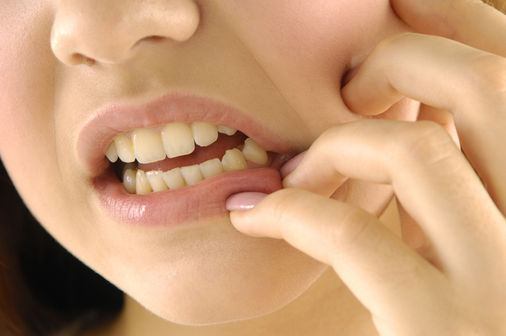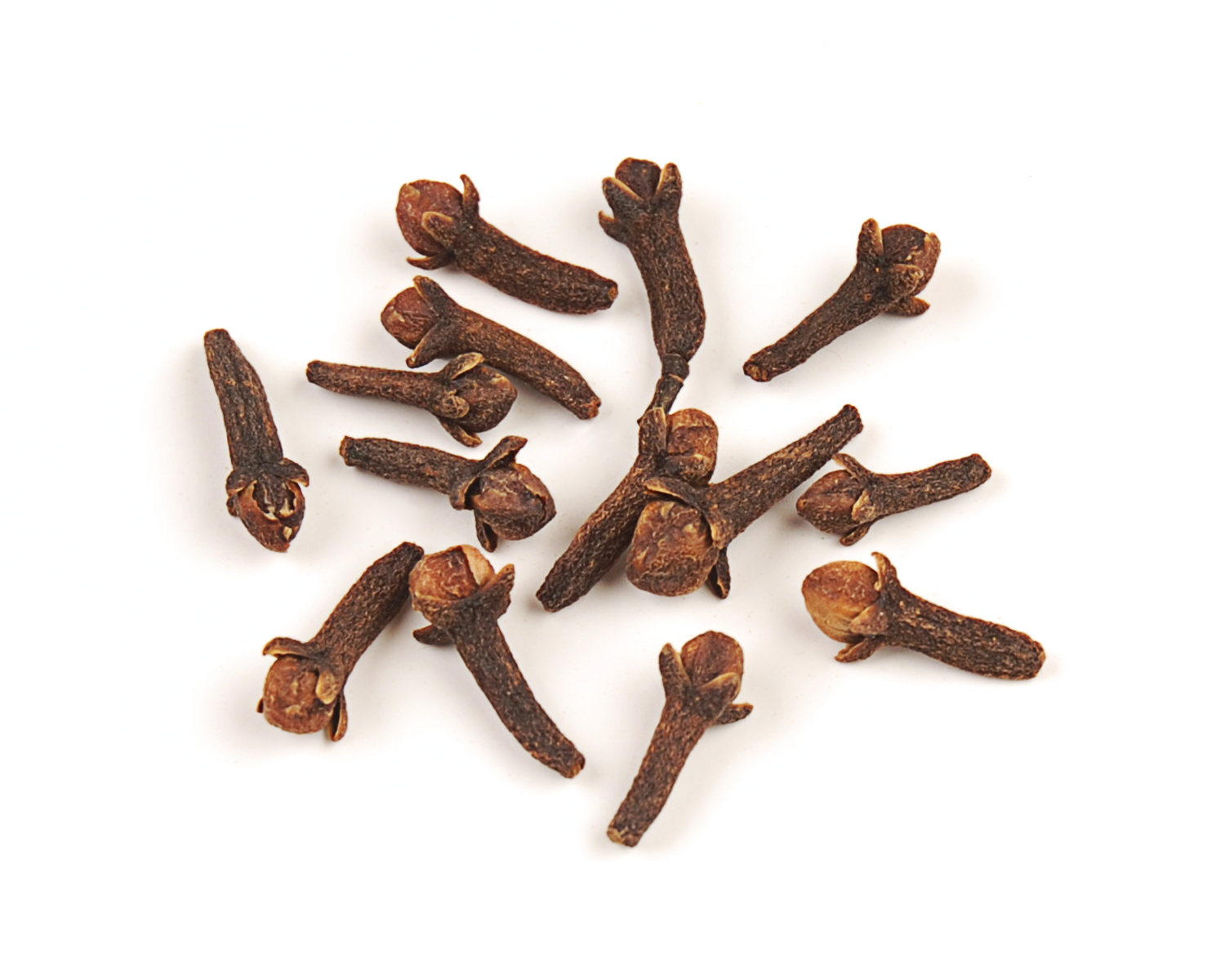 Wisdom teeth, or third molars, are the last teeth to show up in your mouth. They usually appear between the age of 17 and 25, a period of life that has been known as the "Time of Wisdom."
Wisdom teeth, or third molars, are the last teeth to show up in your mouth. They usually appear between the age of 17 and 25, a period of life that has been known as the "Time of Wisdom."
These teeth should not be removed in the event that they become useful. They do, in any case, oblige standard, expert cleaning, yearly check-ups and intermittent X-beams to screen for any progressions.
Symptoms of Impacted Wisdom Teeth
If the wisdom tooth has not completely grown, it gets ‘impacted’ – described as the inability to break through the layer of gum due to lack of availability of space. It has been statistically proven that out of every 10 people, at least 9 have an impacted wisdom tooth. That is a high toll, and here we will line up the impacted wisdom teeth symptoms for you to identify, if you fall among the category of these 9 people. Following are the signs if you suffer from an infected wisdom tooth:
- Red and swollen gums
- Excruciating pain
- Swollen jaw
- Bleeding gums
- Bad taste
- Headache
How to Alleviate Wisdom Teeth Pain
Wisdom teeth pain can become a challenge when you try to seek relief from but there are a few devised home remedies which can come to your rescue:
- Applying an ice pack on the affected part of the gum will ease wisdom tooth pain temporarily.
- Rinse your mouth with salt water.
- Ask your pharmacist for over the counter painkillers which are easily available.
- Clean your gum so that it massages the aching area indirectly.
- Place a half cut onion on the inside of your cheek where the gum hurts, and extract its juice by biting on it so that it reaches deep into the roots of the wisdom tooth.
However, wisdom teeth pain may not go away easily and you will have to take measures to counter the ache. Try the following methods and you will see them being more effective in relieving wisdom tooth pain.
1. Clove
 This numbing agent has been used in the world of dentistry for many years and now clove oil is easily available at vitamin or drug stores. Apart from clove oil, you can use whole cloves which are readily available at grocery stores. Place the whole clove on the affected area or on the tooth if it has broken through the gum already. Now carefully bite on the clove without swallowing it, as it will release enough numbing liquid which works best to ease your tension. Once you feel the gum getting numb, spit the clove out.
This numbing agent has been used in the world of dentistry for many years and now clove oil is easily available at vitamin or drug stores. Apart from clove oil, you can use whole cloves which are readily available at grocery stores. Place the whole clove on the affected area or on the tooth if it has broken through the gum already. Now carefully bite on the clove without swallowing it, as it will release enough numbing liquid which works best to ease your tension. Once you feel the gum getting numb, spit the clove out.
2. Garlic
 With anti-inflammatory and antioxidant properties, garlic goes a long way in healing you fight the wisdom tooth pain. Thiacremonone is the element present in garlic which performs anti-inflammatory duties. This also helps in restoring the swollen gum. To use garlic effectively, hold a crush piece of garlic on your wisdom tooth and let it secrete its juice. You can also make a garlic paste by crushing it and adding salt and applying it on the painful area.
With anti-inflammatory and antioxidant properties, garlic goes a long way in healing you fight the wisdom tooth pain. Thiacremonone is the element present in garlic which performs anti-inflammatory duties. This also helps in restoring the swollen gum. To use garlic effectively, hold a crush piece of garlic on your wisdom tooth and let it secrete its juice. You can also make a garlic paste by crushing it and adding salt and applying it on the painful area.
3. Peppermint
 Being one of the oldest practices for curing wisdom tooth pain, this herb has anaesthetic and anti viral properties. You can use it in multiple forms. You should apply it on the affected area with a cotton ball or a gum and let it soak. On the other hand, you can treat yourself with peppermint tea. Add a teaspoon of peppermint tea in a cup of hot water. Let it cook for about 20 minutes and take mouthful of the tea when it’s hot. After swirling it in your mouth once, you should then spit it out. Continue this exercise till the tea gets finished.
Being one of the oldest practices for curing wisdom tooth pain, this herb has anaesthetic and anti viral properties. You can use it in multiple forms. You should apply it on the affected area with a cotton ball or a gum and let it soak. On the other hand, you can treat yourself with peppermint tea. Add a teaspoon of peppermint tea in a cup of hot water. Let it cook for about 20 minutes and take mouthful of the tea when it’s hot. After swirling it in your mouth once, you should then spit it out. Continue this exercise till the tea gets finished.
4. Ginger
 This remedy caters to mild toothache only, so gauge the intensity of pain before you decide to take this one up. It is anti-bacterial in nature and therefore it can cure mild infection and pain. Peel half a piece of ginger and place it between your teeth covering the affected area. Then slowly bite on it so that it releases the juice as instructed in a few remedies mentioned previously. Continue chewing on it for three to five minutes and once the ginger piece becomes softer; you can either gulp it down your throat or spit it out.
This remedy caters to mild toothache only, so gauge the intensity of pain before you decide to take this one up. It is anti-bacterial in nature and therefore it can cure mild infection and pain. Peel half a piece of ginger and place it between your teeth covering the affected area. Then slowly bite on it so that it releases the juice as instructed in a few remedies mentioned previously. Continue chewing on it for three to five minutes and once the ginger piece becomes softer; you can either gulp it down your throat or spit it out.
Aforementioned remedies for wisdom teeth pain are to help you in times of distress and lack of accessibility to a doctor. However, if they are not capable of easing the pain then you must go see a doctor.
Do You Need to Extract the Wisdom Tooth?
Do not worry; wisdom tooth does not need to be pulled out in every case. You may get lucky in getting rid of the pain and save the hassle of getting the tooth extracted. However, in the following you will have no option but to get it removed:
- Damage spreading to other teeth: In addition to damaging the structure of other teeth, it can cause mouth pain and biting problems.
- Jaw damage: Formation of cyst around the new teeth can directly impact the nerves and lead to extreme pain.
- Sinus problem: An evolving wisdom tooth will swell your gum and cause congestion in the sinus area so that it becomes essential to extract it.
- Swollen gums: The main symptom of wisdom tooth is swelling of gums and it's also a major drawback of this condition. Therefore, inflamed gums become hard to clean.
- Disrupted alignment: All that dental work you have ever gotten done, like braces or retainers, will go to waste if wisdom teeth get infected and the last resort would be to extract them.
How to Maintain Healthy Teeth : Stop Wisdom Teeth Pain:

